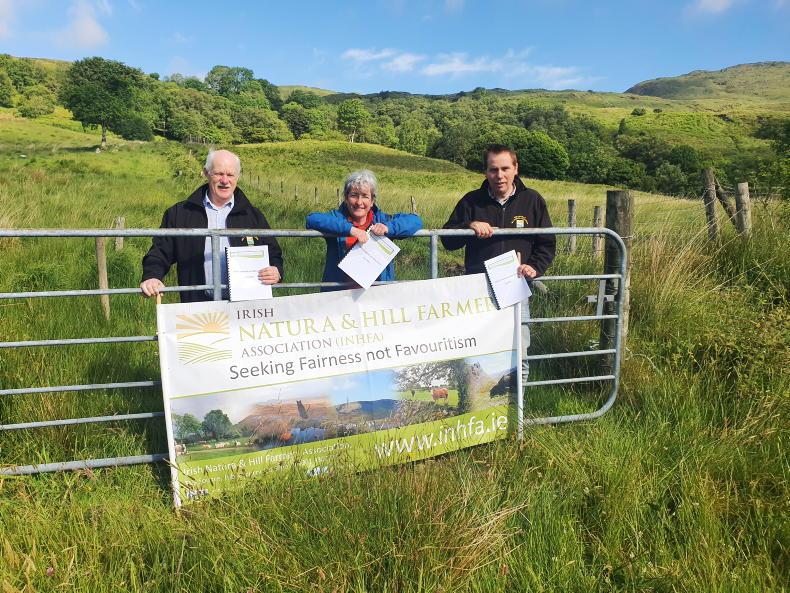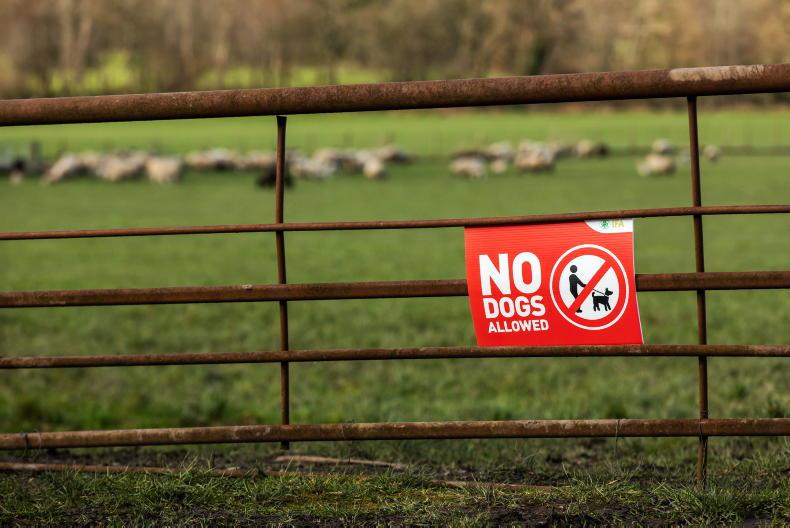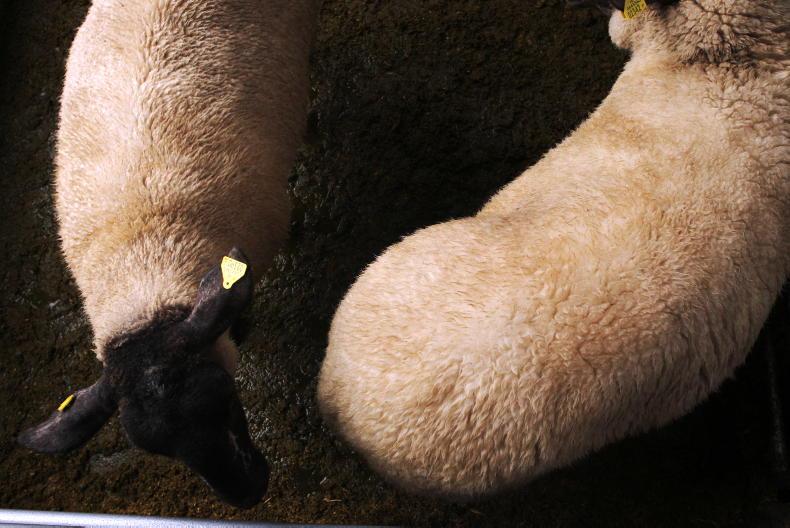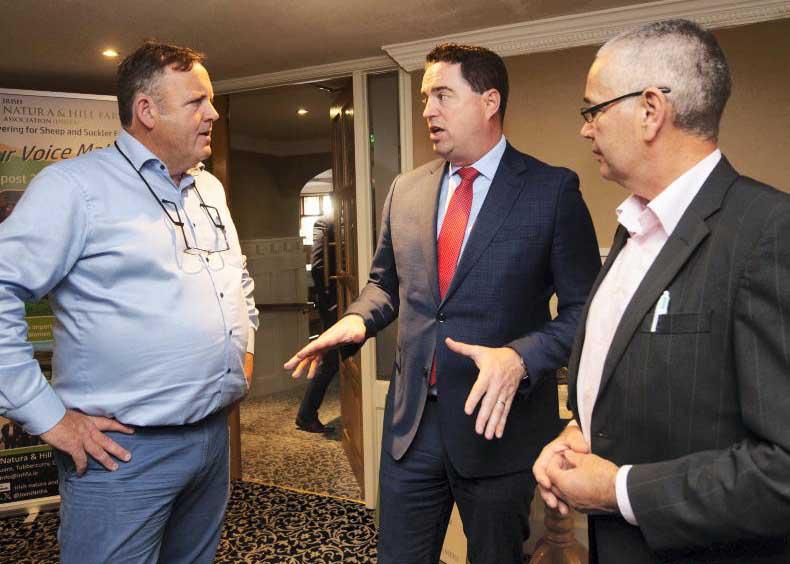A policy paper on public access that calls for new legislation around dog control, public indemnity and a public education programme has been published by the Irish Natura and Hill Farmers Association (INHFA).
The policies outlined are based on the outcomes from a survey conducted with the INHFA membership over the last number of weeks, the association's vice-president Pheilim Molloy explained.
Molloy said there was real concern relating to the threat posed to farmers and their livestock from walkers bringing dogs on to hills and farmlands.
"On this basis, we are asking our Oireachtas members to legislate and ensure all non-working dogs are not allowed on to our hills and farmlands.
"While legislation such as this will clearly reduce the impact of stress and damage to farm animals such as sheep, it will also provide absolute clarity for anyone accessing our hills and reassurance to farmers and landowners in the event of non-compliance," said Molloy.
Insurance
Concerns around insurance also featured strongly in the survey.
The INHFA "outlined the requirement for the Oireachtas to compel through legislation that anyone involved in accessing for recreational purposes property that is not theirs to have private and public liability insurance".
"In proposing this, we are conscious that other sectors of our economy could benefit through reduced insurance exposure, which could be an added incentive,” maintained Molloy.
The INHFA also proposes that the Oireachtas enacts alternative legislation, ensuring anyone accessing farmland does so at their own risk and automatically waives the right to claim against the property owner.
Awareness
Beyond these recommendations, the INHFA is also looking for public support to increase awareness around land ownership.
"The simple concept that commonage land is private land held in common by a specific number of landowners is something that members of the public and beyond are unaware of," said Molloy.
There is, he continued, a need for a public education programme to explain the rights of farmers and responsibilities of recreational users, as well as acceptance from those promoting walking that there is a serious problem within public access that is leaving landowners vulnerable to abuse and harm.
“A further issue the organisation outlined relates to possible damage of sensitive habitats as a result of the current free-for-all approach in relation to public access.
"For farmers on special areas of conservation (SAC) and special protected areas (SPA), high footfall on these sites is likely to cause damage that could impact directly on them," Molloy said.
With a high percentage of our hills designated as one of these habitats, there is, he stressed, a responsibility on the State to recognise this and act to protect both the sites and the landowner who owns it.
According to the survey conducted by the INHFA, over 70% of farmers had recreational users crossing their land on a daily or weekly basis.









SHARING OPTIONS